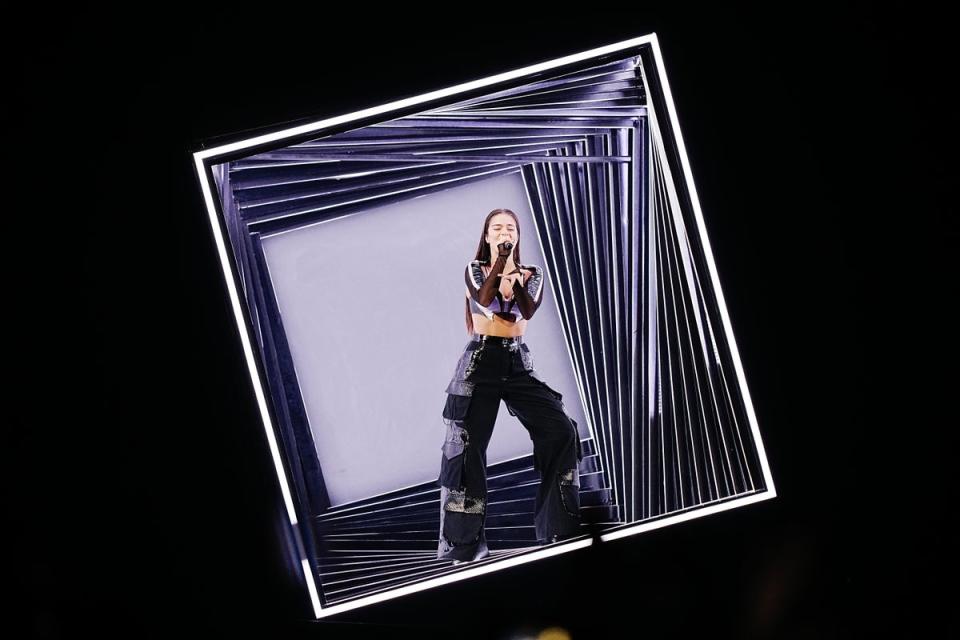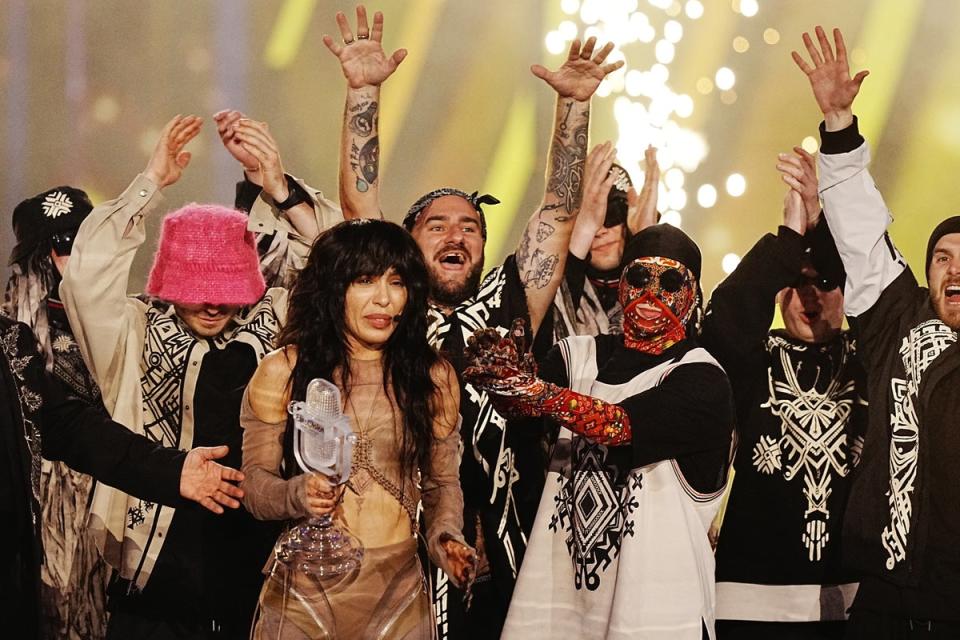Eurovision rejects calls for Israel to be banned from 2024 show despite boycott threats

The Eurovision Song Contest has rejected calls for Israel to be removed from the competition amid the war with Hamas.
The annual celebration of European music will take place in Malmo, Sweden next year, following singer Loreen’s second triumph in the 2023 competition. The UK will be represented by Years and Years singer Olly Alexander.
As some UK politicians call for a “sustainable ceasefire” in the Middle East, musicians from Iceland have called on their home nation to boycott Eurovision unless Israel is banned from taking part.
Responding to the calls, the European Broadcasting Union (EBU), which runs the contest, said: “The Eurovision Song Contest is a competition for public service broadcasters from across Europe and the Middle East. It is a competition for broadcasters – not governments – and the Israeli public broadcaster has participated in the contest for 50 years.
“The Eurovision Song Contest remains a non-political event that unites audiences worldwide through music.”
Earlier this month, the Association of Composers and Lyricists of Iceland (FTT), announced that they were opposing their country’s participation in Eurovision 2024 unless Israel is disqualified.

The FTT, which represents artists in the European nation, said: “We all have a duty to take a stand against war and the killing of civilians and innocent children. We always have the choice not to put our name to such things, whether we are individuals or state institutions.
“We owe it to the nations that act with military force to not share with them in an event that is always characterised by joy and optimism.”
Since Hamas’s attack inside Israel that killed 1,200 people and saw 240 others taken hostage, more than 19,000 people have been killed in Israeli airstrikes and ground operations in Gaza.
A blockade has also been imposed, with the UN and aid agencies arguing that nowhere near enough of critical items like food, water, fuel and medical supplies are getting into the Strip. Around 85 per cent of the territory’s population of 2.3 million have been forced to flee their homes, with Israel calling on them to move southwards.
Eurovision has previously banned countries from competing in the competition due to global events.

In 2022, Russia was banned from taking part in the competition following criticism from a number of countries in the wake of the invasion of Ukraine. The country did not return to the competition last year.
Initially, the EBU said that it had no plans to prevent Russia from competing, but later backtracked.
The group said that it had “widely” consulted it membership on the matter and had made a decision based on “a recommendation earlier today by the Eurovision Song Contest’s governing body”.
“The decision reflects concern that, in light of the unprecedented crisis in Ukraine, the inclusion of a Russian entry in this year’s contest would bring the competition into disrepute,” they said.
Israel was represented by Noa Kirel in the 2023 competition. They last won in 2018, with Netta and her song “Toy”.

 Yahoo News
Yahoo News 
